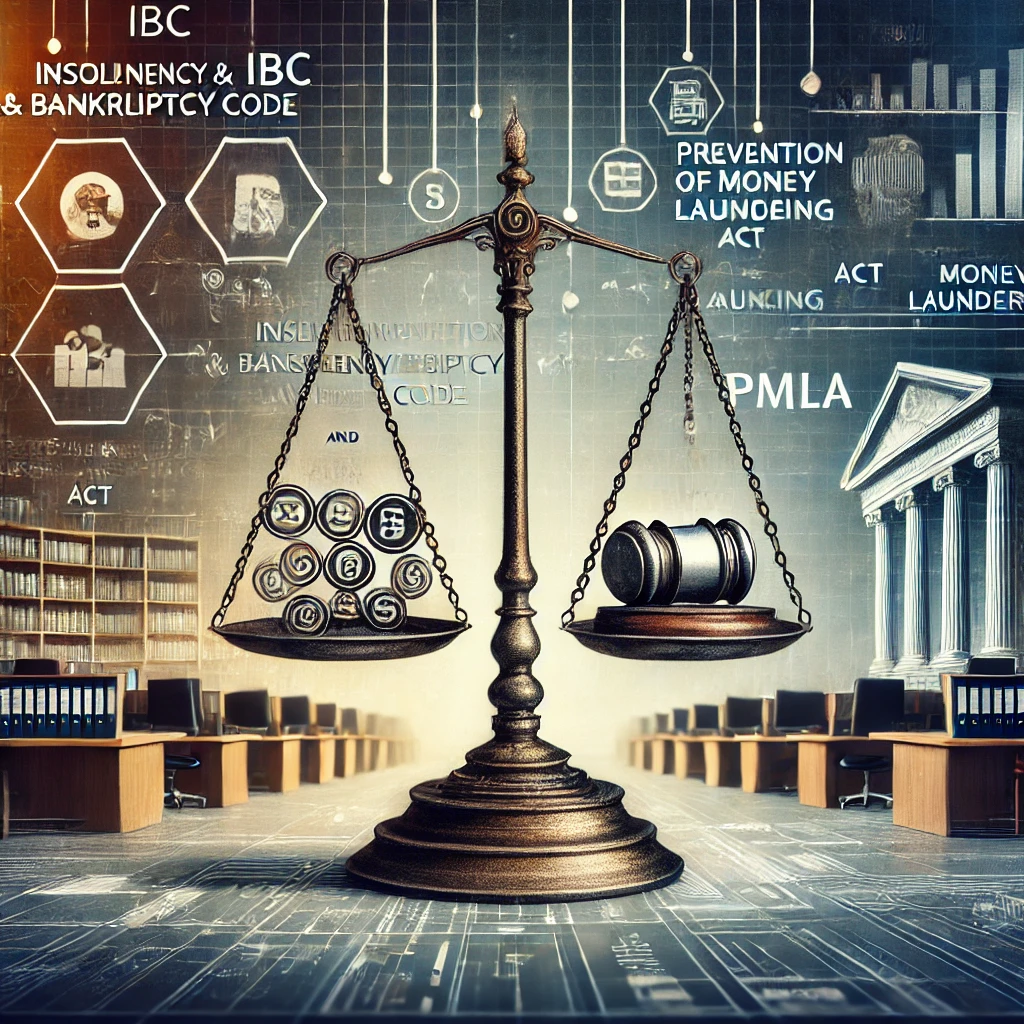Civil Laws at DR Congo
The Democratic Republic of Congo (DRC) operates a civil law system, which means its legal framework is primarily based on comprehensive, codified statutes rather than judicial precedents. This system largely traces its roots back to Belgian colonial law, which itself was heavily influenced by the 1804 Napoleonic Civil Code.
However, the DRC's legal landscape is also significantly shaped by customary law, particularly in rural areas, and by its own Constitution and various domestic legislation and regulations.
Here's an overview of key aspects of civil law in the DRC:
1. Sources of Civil Law:
Constitution of 2006: This is the supreme legal document and forms the foundation of the DRC's legal system. It sets out fundamental rights and principles that underpin all other laws.
Legislation (Laws and Regulations): Enacted by the Parliament (National Assembly and Senate), these are the primary source of civil law. They include organic laws (which organize key areas of national life) and ordinary laws.
Belgian Law: Many existing civil codes and laws in the DRC are directly derived from or heavily influenced by Belgian colonial legislation.
Napoleonic Civil Code: The foundational principles of the Napoleonic Civil Code, particularly concerning obligations, persons, family law, property law, and succession law, are evident in the DRC's civil codes.
Customary Law (La Coutume): This plays a significant role, especially in rural areas where over half the population resides. Customary laws, which vary by ethnic group, primarily regulate personal status (e.g., marriage, divorce) and property rights (e.g., inheritance, land tenure) within traditional communities. While theoretically subordinate to state law, customary laws resolve a vast majority of disputes in practice (estimated 75%).
International Treaties and Agreements: Upon publication in the official gazette, duly concluded international treaties and agreements generally prevail over Congolese legislation, reflecting a monist legal system.
Case Law and Doctrinal Writings: While not formally binding as precedents (as in common law systems), judicial decisions (jurisprudence) and scholarly writings (doctrine) carry persuasive authority and influence legal interpretation.
2. Divisions of Law:
The Congolese legal system is broadly divided into:
Public Law: Regulates relationships involving the state or public bodies (e.g., constitutional law, administrative law, criminal law).
Private Law: Applies to relationships among citizens or private groups. This is where civil law largely falls, covering areas like:
Obligations (contracts and torts)
Persons (legal personality, civil status)
Family Law
Property Law
Succession Law
Economic Law: Regulates specific economic activities (e.g., labor law, commercial law, mining law).
3. Judicial System for Civil Matters:
The DRC's judiciary is organized into three specialized court systems:
Ordinary Court System (Civil and Criminal): This is the primary system for most civil disputes.
Tribunaux de Paix (Magistrates' Courts): These are lower courts and handle the majority of cases, often focusing on minor civil matters.
Tribunaux de Grande Instance (District Courts): Handle more significant civil cases.
Court of Cassation (Cour de cassation): The highest court of appeal for the ordinary legal system, hearing final appeals in civil and criminal matters.
Administrative Court System: Deals with disputes involving the state or public administration, with the Council of State (Conseil d'État) as its supreme court.
Constitutional Court System: Deals with constitutional matters, with the Constitutional Court (Cour constitutionnelle) as its supreme court.
4. Key Areas of Civil Law:
Contract Law:
Based on principles similar to the Napoleonic Code, requiring mutual consent, legal capacity, a lawful object, and a cause (consideration).
Written contracts are generally preferred and often required for specific types of agreements (e.g., fixed-term employment contracts).
The OHADA (Organization for the Harmonization of Business Law in Africa) Uniform Acts, to which the DRC is a signatory, also play a significant role in commercial contract law, aiming to standardize business law across member states.
Family Law (Code de la Famille):
Covers marriage, divorce, parental responsibility, adoption, and inheritance within families.
The legal age of marriage is 18, and the law prohibits child marriage, although enforcement remains a challenge in many areas, particularly in rural communities where customary practices often prevail.
The Family Code recognizes the husband as the head of the household, which has been a point of contention for gender equality advocates.
Customary law significantly impacts family matters, including marriage practices (like dowry payments) and inheritance, especially outside formal urban settings.
Property Law:
Covers ownership, possession, and rights related to both movable and immovable property (land).
Land law is particularly complex due to the interplay of statutory law and customary land tenure systems, which vary widely.
Formal land registration exists but can be problematic due to incomplete records and disputes.
Industrial property (inventions, designs, trademarks) is governed by specific legislation.
Tort Law (Law of Obligations/Civil Responsibility):
Deals with civil wrongs that cause harm and result in a legal obligation to compensate the injured party.
Principles of civil responsibility are rooted in the Civil Code, requiring a fault, damage, and a causal link between the fault and the damage.
Specific laws address certain torts, such as the 2011 law against torture, which criminalizes torture and sets out applicable sanctions.
Challenges and Considerations:
Dual Legal System: The coexistence of statutory and customary law can lead to complexities and conflicts, especially regarding land rights and personal status.
Enforcement: While laws may exist, their enforcement can be weak, particularly in remote areas, due to issues like judicial capacity, corruption, and the lingering influence of traditional authorities.
Access to Justice: Many citizens, particularly in rural areas, face significant barriers to accessing formal justice mechanisms, often relying on customary dispute resolution.
Legal Reforms: The DRC's legal framework is subject to ongoing reforms, aiming to modernize and align with international standards, particularly in areas like human rights and business law.
For any specific legal matter in the Democratic Republic of Congo, it is crucial to consult with a legal professional familiar with the complexities of its hybrid legal system.















































0 comments